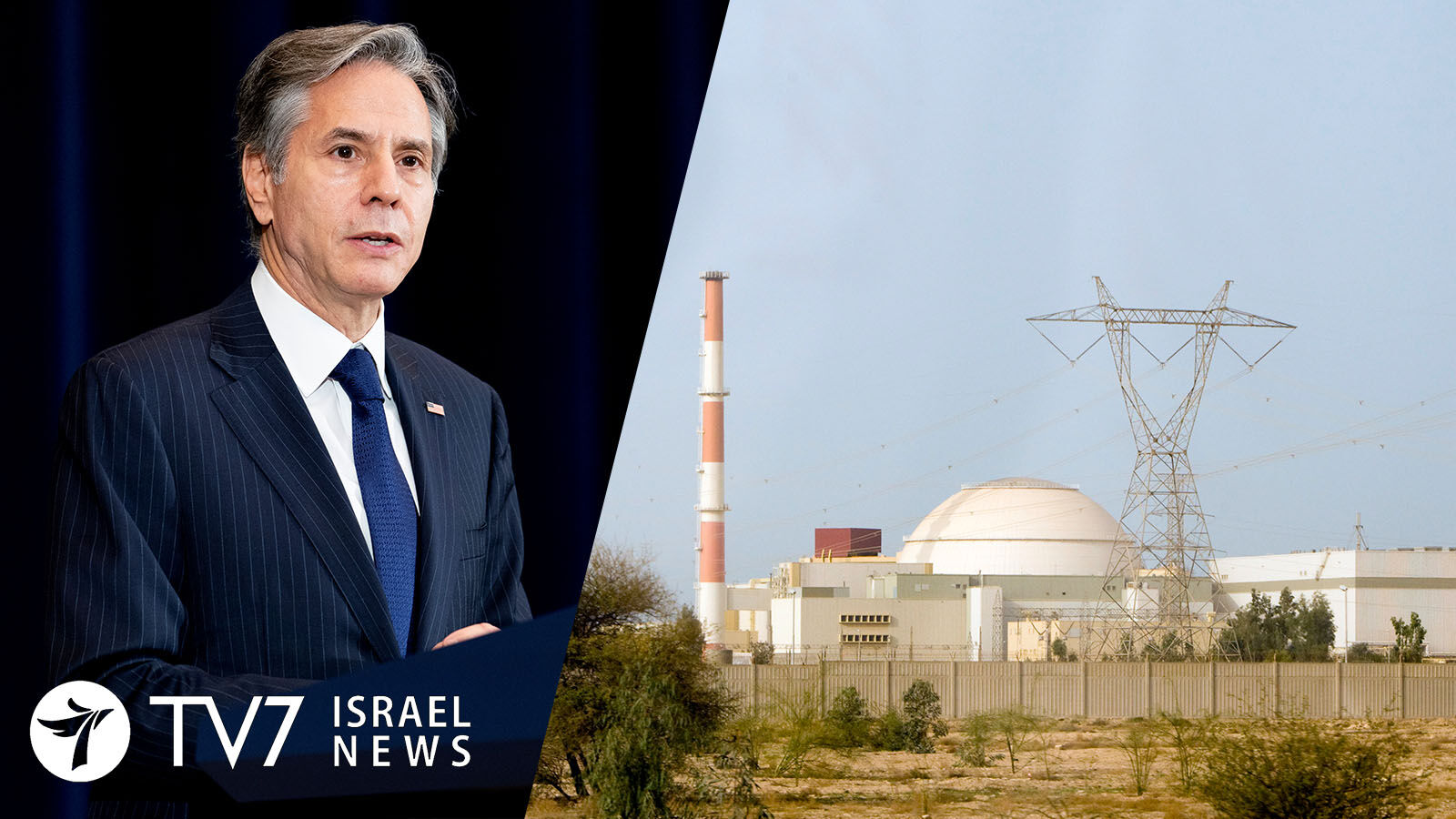United States Special Envoy for Iran Rob Malley is reportedly slated to meet senior European diplomats in Paris tomorrow for talks on Iran, just one day after discussing the matter in Riyadh.
By Erin Viner
Three diplomatic sources revealed that Malley will meet with officials from the United Kingdom, France and Germany on Friday to discuss their effort to get Iran to resume compliance with the 2015 Joint Comprehensive Plan of Action nuclear deal.
This, after the Special Envoy met with Saudi Foreign Minister Prince Faisal bin Farhan al-Saud on Wednesday to discuss the Iranian nuclear talks.
Prince Faisal and Malley, who earlier visited Qatar as part of his regional tour to coordinate with Washington’s Gulf allies, also discussed strengthening “joint action to stop Iranian support for terrorist militias” that threaten regional security, reported the state Saudi Press news agency (SPA).
Malley has previously stated that the US is ready to consider “all options” if Iran is unwilling to return to the JCPOA, while Prince Faisal last week also warned against the “dangerous” acceleration of nuclear activities by the Islamic Republic. In addition, US Secretary of State Antony Blinken told a joint news conference with Israeli Foreign Minister Yair Lapid and Emirati Foreign Minister Sheikh Abdullah Bin Zayed in Washington on 13 October that Washington “will look at every option to deal with the challenge posed by Iran,” as Lapid stressed that Jerusalem “reserves the right to act at any given moment in any given way” to prevent Tehran from making nuclear bombs.
Riyadh, which has been engaged in several proxy wars with Iran in the region including against the Houthis in Yemen, has criticized the JCPOA for failing to address its rival’s ballistic missile program and network of regional militias – which are key concerns for many of the Gulf states.
US President Joe Biden has stated willingness to negotiate a return of compliance with the JCPOA from which his predecessor, Donald Trump, withdrew in 2018 while re-imposing sanctions that had been lifted by the deal. Since that time Iran has openly breached JCPOA limits by stockpiling uranium enriched to higher levels of fissile purity.
Iran’s new hardline President Ebrahim Raisi has not yet agreed to resume indirect talks with the US in Vienna that began in April and stalled upon his election.
Attempting to divert blame for the stalled negotiations, Raisi told state-run television that the US must demonstrate good faith by lifting punitive economic measures slapped on regime-controlled companies over alleged terror-related offenses and human rights abuses.
“Iran has never left the negotiating table and we are serious about result-oriented negotiations, and it has been said by the Ministry of Foreign Affairs and other organizations before the negotiations must have results for the Islamic Republic,” stated Raisi, insisting that the US must remove “these cruel sanctions” as “a sign of how serious it is.”
Raisi, who is the chief advisor to Iranian Supreme Leader Ayatollah Ali Khamenei, claimed that European Union Coordinator on Iran Enrique Mora acknowledged Iran’s own commitment to resuming the nuclear negotiations during his visit to Tehran last Thursday. Following his trip, Mora expressed confidence that Iran would return to the Vienna Talks soon, although no date was specified.
Despite Iran’s manipulating sentiments – which are widely regarded as sheer stalling tactics – Washington officials expressed confidence that the Administration “does not intend to capitulate” and it is “working closely with allies, partners and international institutions to ensure Iran does not cross (the so-called) point of no return.”
Meanwhile, Iranian nuclear development was “a big part of the focus” of his talks with International Atomic Energy Organization (IAEA) Director General Rafael Grossi at the State Department this week, said US Secretary of State Blinken.
“The United States strongly supports the work of the IAEA,” the top US diplomat said, highlighting that, “It is critical to helping to maintain international peace and stability. It’s obviously playing a vital role in monitoring Iran’s nuclear activities.”
